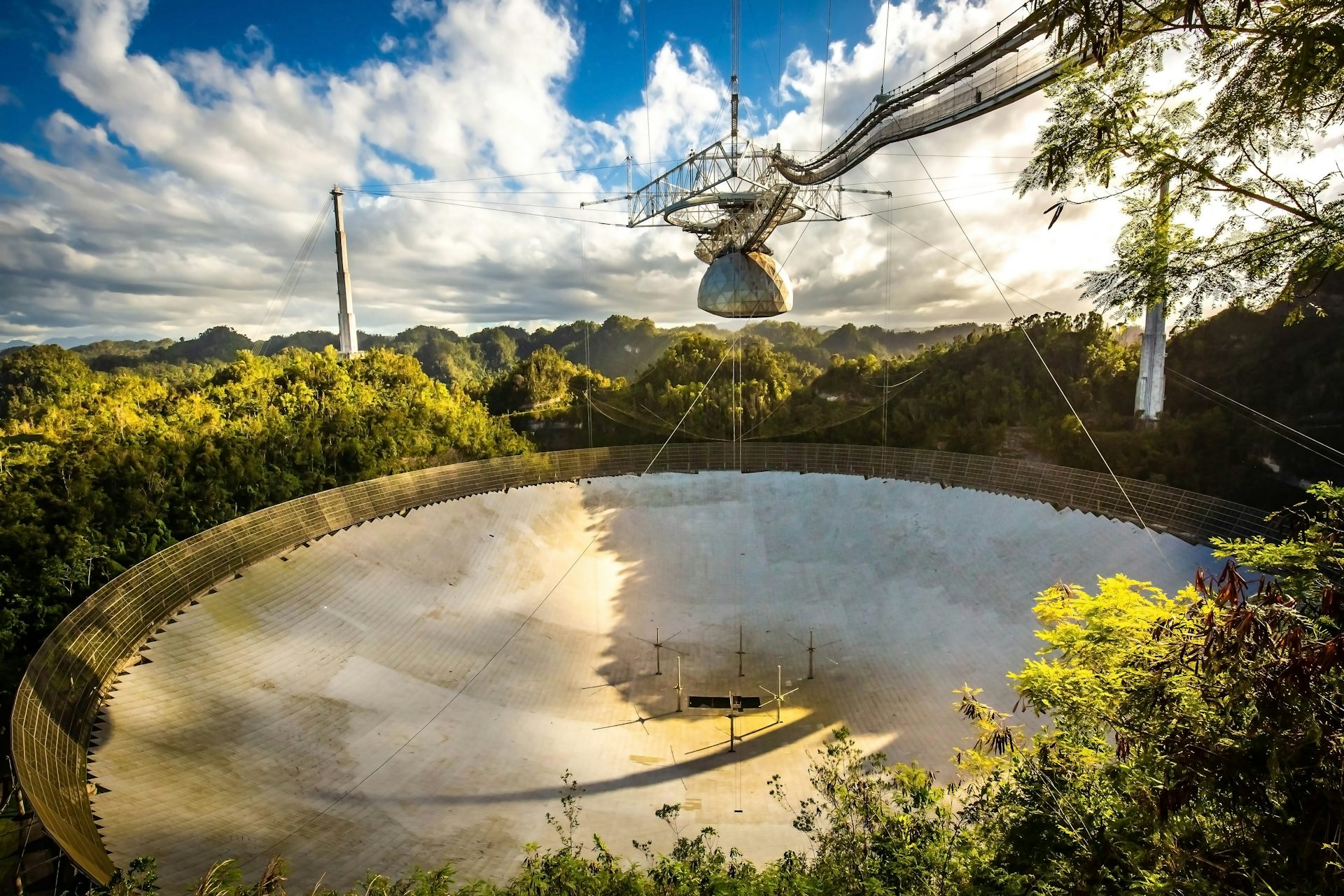

Please see the page on language requirements. Since English is the language of instruction in all subjects, all applicants are required to provide evidence of their English language proficiency. Upon admission further requirements regarding composition of the degree programme may be stipulated. Other qualifications can provide admission to the Master’s degree programme, provided the university assesses that their level, extent and content correspond to the degrees mentioned above.A Bachelor’s degree amounting to at least 60 ECTS credits in Science studies can qualify the student for admission.The following other degrees can provide admission to the Master’s degree programme in Science studies: A Bachelor of Science degree from a Danish university.The following Bachelor’s degrees qualify students for admission to the Master’s degree programme in Science studies: Gunver Lystbæk vestergård, PhD student, Centre for Science Studies In fact I think everything can be explained, if you simply think about the language you use for the target group.

My attitude is that relaying information is a part of the research, not an extra burden that researchers are obliged to carry out. I personally feel I’ve found a good niche, because I hope to link science journalism and research. I chose a PhD degree programme because I really like the study environment here at the centre, as well as the combination of arts and science subjects with a humanistic angle on science. Read, print and be inspiredĭownload and print a short presentation of the MA programme in Science Studies. As an MSc student, you will have excellent opportunities for engaging in projects related to current research and/or practical content, and you will have the option to specialise in many different subjects. The MSc in Science Studies programme is taught in the framework of a small centre where students benefit from an international, yet informal, down-to-earth atmosphere between staff and students. The MSc programme also qualifies graduates for a research career in science studies. With a BSc degree in science and the broad perspective provided by the MSc in Science Studies, graduates are well prepared to enter into multidisciplinary collaboration with colleagues in many different fields. Their knowledge of the interaction between the natural sciences, technology and society can be applied in public administration, the business community and in many different organisations. For example, graduates may choose to work with communicating science and its challenges and opportunities to the general public through the media. Knowledge of the development of science and the ability to analyse science in a cultural and societal context can be useful in many different situations.

The programme includes the following themes supplementing students’ basic studies in science: history and philosophy of science science, technology and innovation science and society and science and communication.Īs a student in science studies, you will learn to understand the social and philosophical implications of science, the forces driving technological change, and contemporary developments within research and public understanding of science. The MSc in Science Studies is open to students with a BSc degree in science and an interest in gaining a wider perspective on how the natural sciences have developed in their interaction with society and contemporary culture. You learn to place scientific knowledge within historical, philosophical and social perspective, and you work comprehensively with the many challenges and opportunities that science provides. The MSc in Science Studies provides you with insight into how scientific discoveries and knowledge have affected our lives and our societies. Natural scientists tell us the significance of C02 in relation to climate change, and when we have to decide whether to reduce C02 emissions, we need to understand what sort of knowledge we have and on what it is based. Science and technology form part of our day-to-day lives wherever we are, and we constantly have to make decisions drawing on scientific and technological knowledge.


 0 kommentar(er)
0 kommentar(er)
